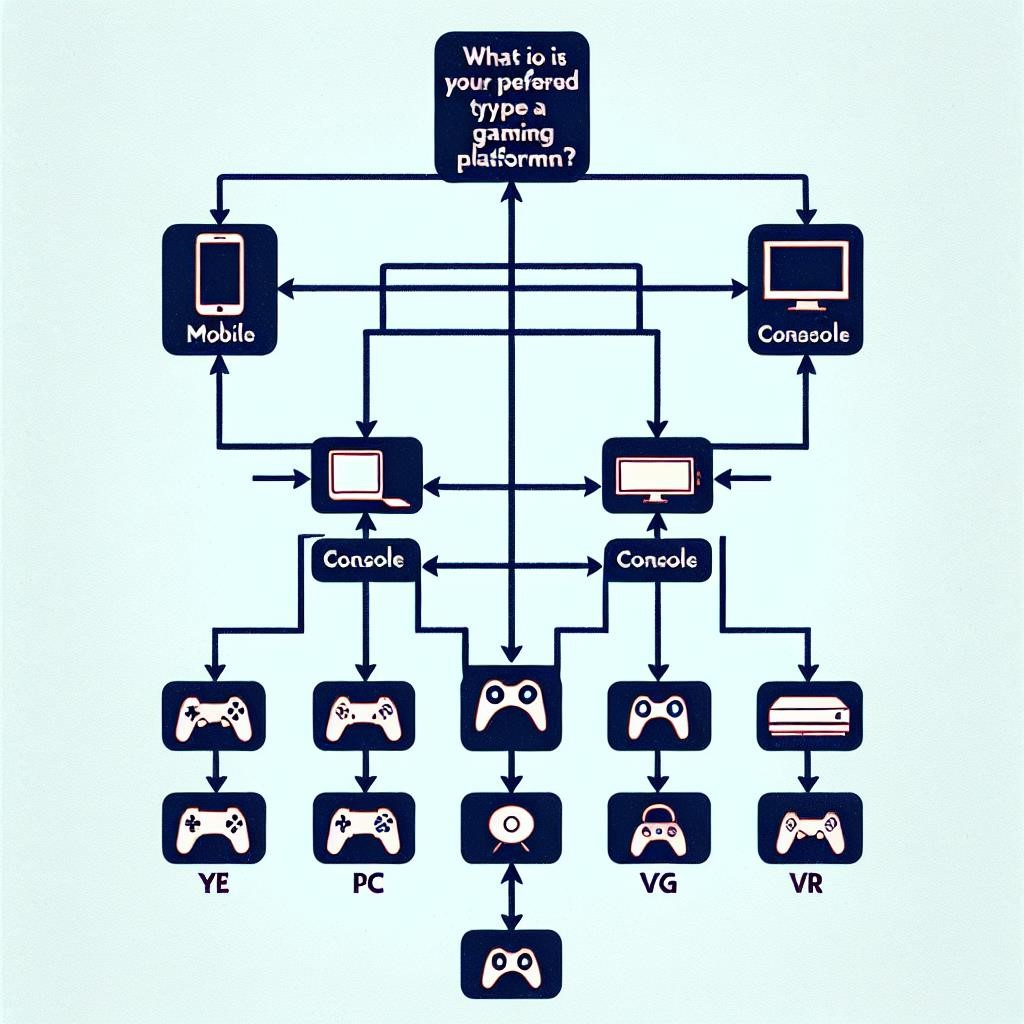Choosing the right gaming platform can significantly enhance your gaming experience. With a plethora of options available today, including consoles, PCs, and mobile devices, it’s essential to understand your preferences and requirements. Here’s a comprehensive guide to help you determine which gaming platform is best for you.
1. Understand Your Gaming Needs
Before diving into the specifics of each platform, ask yourself:
- What type of games do I enjoy?
- Do I prefer single-player or multiplayer experiences?
- What is my budget for gaming?
- Where do I plan to play – at home or on the go?
2. Explore the Different Types of Gaming Platforms
Consoles
Consoles like PlayStation, Xbox, and Nintendo Switch are popular for their ease of use and exclusive titles. Here are some pros and cons:
- Pros: User-friendly, exclusive games, social gaming features, and a plug-and-play setup.
- Cons: Limited hardware upgrades and often require additional purchases for online services.
PC Gaming
PC gaming offers flexibility and customization; It’s a great choice for those who enjoy high-performance gaming. Consider the following:
- Pros: High graphics quality, extensive game library, modding capabilities, and multi-functional use.
- Cons: Higher initial cost, requires maintenance, and can be complex to set up.
Mobile Gaming
Smartphones and tablets have become a significant gaming platform, especially for casual gamers. Here are some factors to consider:
- Pros: Portability, casual gaming, and a vast array of free games available.
- Cons: Limited graphics and processing power compared to consoles and PCs.
3. Assess Your Budget
Budget is a crucial factor when selecting a gaming platform. Here’s a breakdown:
- Consoles: Typically range from $300 to $500.
- Gaming PCs: Can range from $700 for entry-level to several thousand for high-end setups.
- Mobile Devices: Depends on the smartphone price; free games are prevalent, but in-app purchases can add up.
4. Consider Game Availability
Each platform has its exclusive titles and game library. Research the games you want to play and ensure they are available on your chosen platform. Additionally, consider:
- Subscription services (e.g., Xbox Game Pass, PlayStation Plus) for access to a broader range of games.
- Cross-platform play options if you want to play with friends on different devices.
5. Evaluate Performance and Graphics
If you are a graphics enthusiast, you might prioritize performance specifications. Here’s how to evaluate:
- Consoles: Newer models offer 4K resolution and improved frame rates.
- PCs: Customizable hardware allows for the best graphics and performance tailored to specific games.
- Mobile: Generally lower performance, but high-end models can deliver impressive graphics.
6. Social and Community Aspects
If multiplayer gaming is essential for you, consider the community aspect of each platform:
- Consoles often have built-in features for connecting with friends.
- PC gaming offers platforms like Steam for community interaction.
- Mobile games frequently include social features for easy connectivity.
Choosing a gaming platform involves evaluating your gaming preferences, budget, and the type of experience you want. By considering these factors, you can make an informed decision that aligns with your gaming lifestyle. Whether you opt for a console, a gaming PC, or mobile gaming, the key is to select a platform that enhances your enjoyment and meets your gaming needs.
